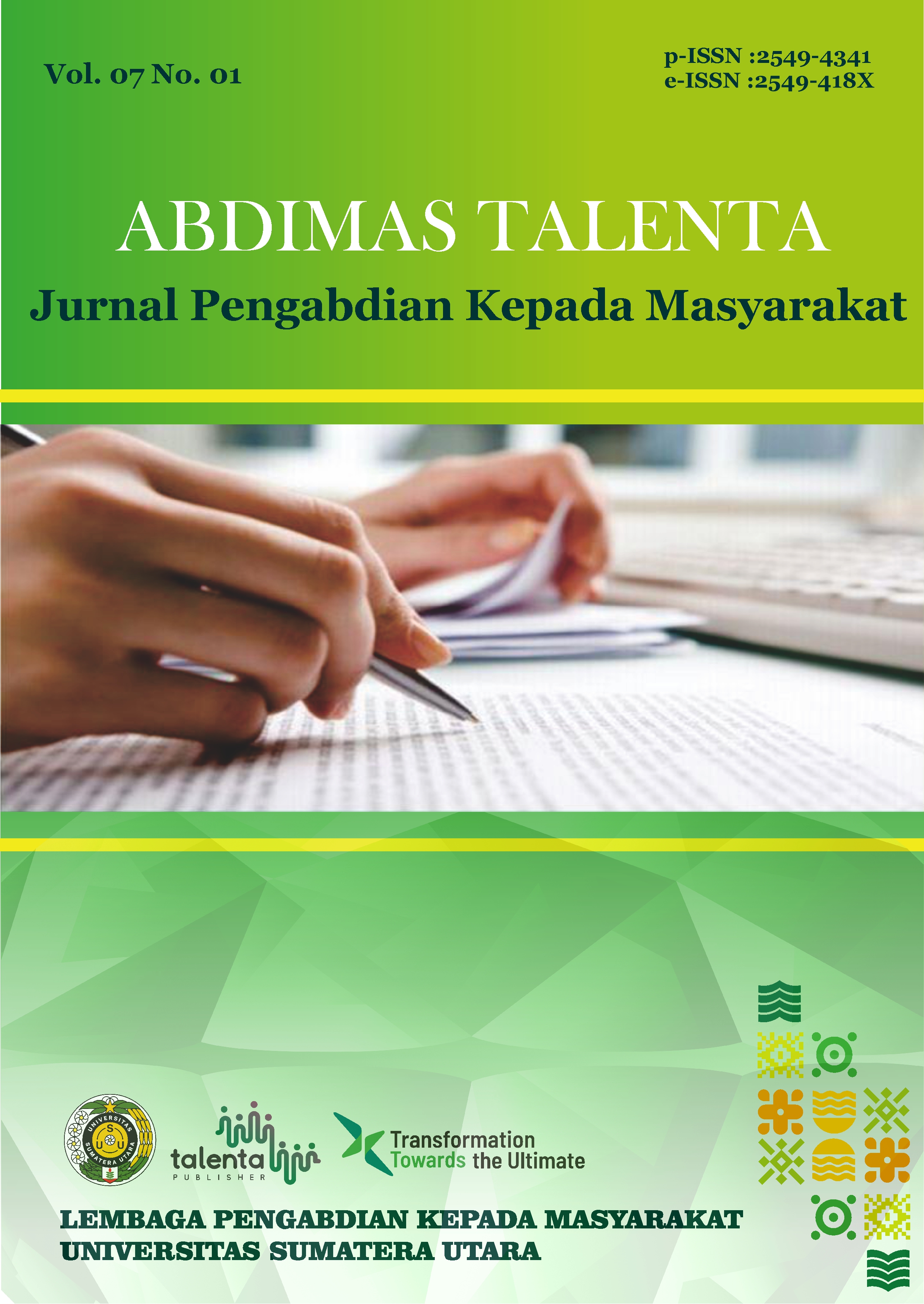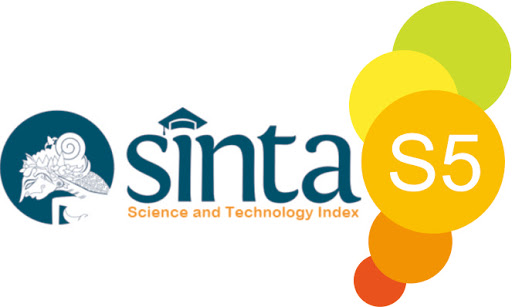Introducing the Unique Cultures from Gubugklakah and Tengger to International Citizens
DOI:
https://doi.org/10.32734/abdimastalenta.v7i1.6874Keywords:
Culture, Local Wisdom, International Community, IndonesiaAbstract
Although thousands of tribes, with their unique characters, are scattered throughout the earth of Indonesia, the country remains intact into a single unitary state. This country's wealth is important to be introduced not only to Indonesian people, but also to international citizens. In this community service, we had the opportunity to bring University of Malaya international students to learn about one of the cultures and lives of the people of Gubugklakah and Tengger villages. This activity was done for two days and before the Covid-19 pandemic. They were even invited to live with residents to truly feel how to live in a traditional environment. The international students learned about language, ethnic, religion, way of life and the natural conservation in Indonesia. This is an important and unforgettable experience for anyone who has never touched the beauty of life in a village where the houses are not restricted by locked fences.
Downloads
Downloads
Published
Issue
Section
License
Copyright (c) 2022 ABDIMAS TALENTA: Jurnal Pengabdian Kepada Masyarakat

This work is licensed under a Creative Commons Attribution-ShareAlike 4.0 International License.
The Authors submitting a manuscript do so on the understanding that if accepted for publication, copyright of the article shall be assigned to Jurnal Abdimas TALENTA as well as TALENTA Publisher Universitas Sumatera Utara as the publisher of the journal.
Copyright encompasses exclusive rights to reproduce and deliver the article in all forms and media. The reproduction of any part of this journal, its storage in databases and its transmission by any form or media, will be allowed only with written permission from Jurnal Abdimas TALENTA.
The Copyright Transfer Form can be downloaded here.
The copyright form should be signed originally and sent to the Editorial Office in the form of original mail or scanned document.












